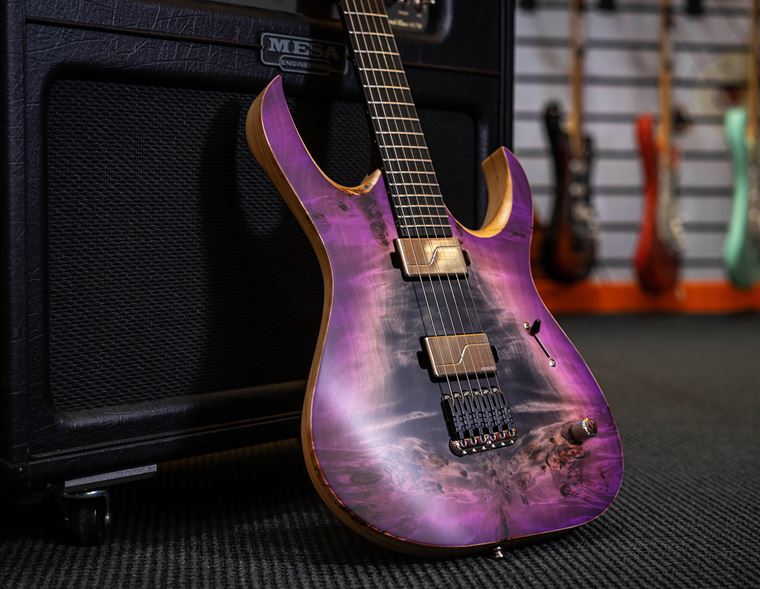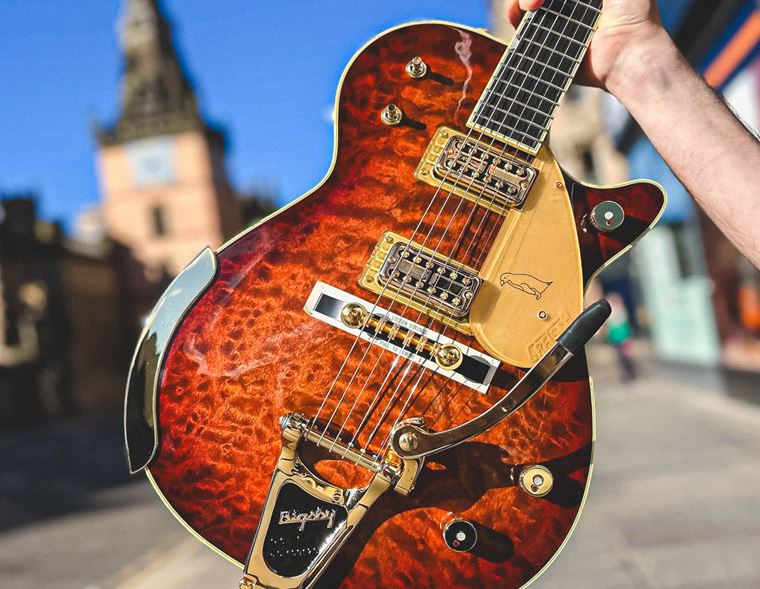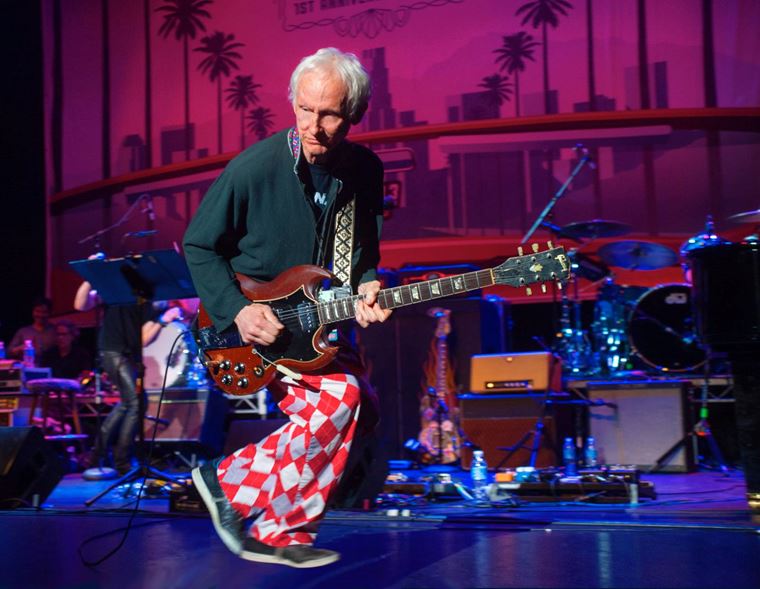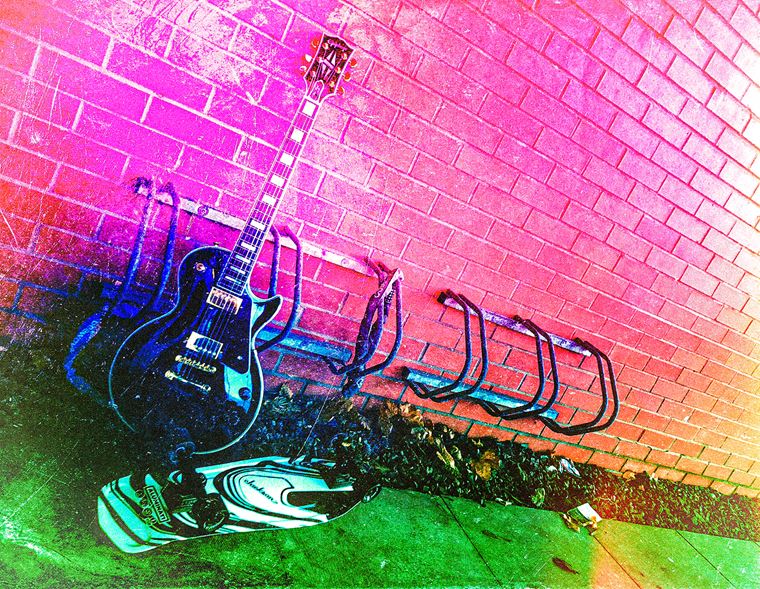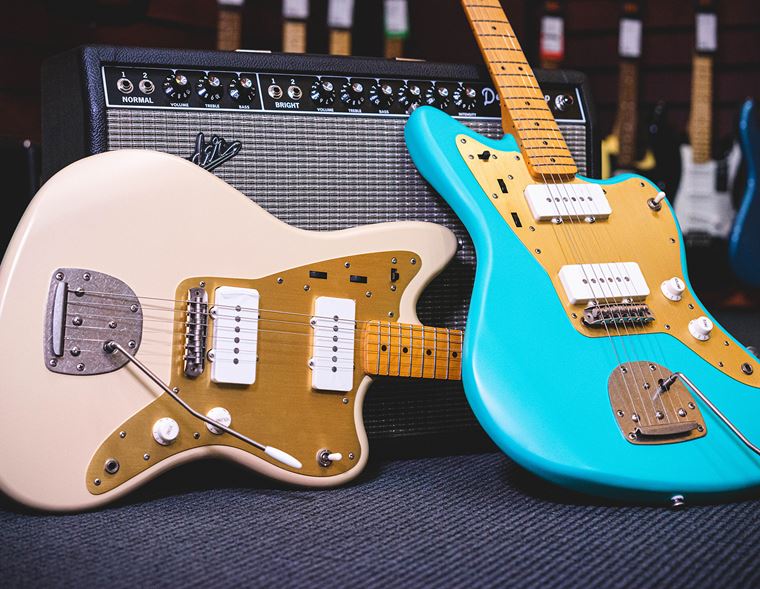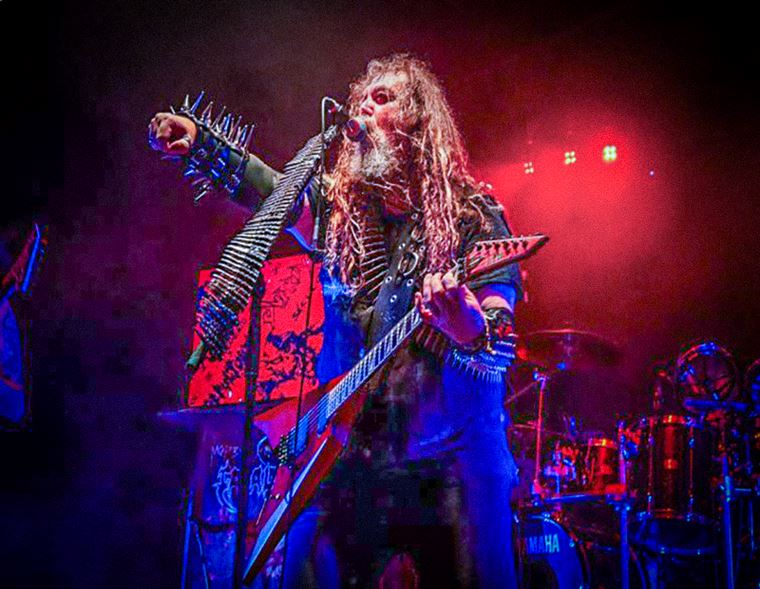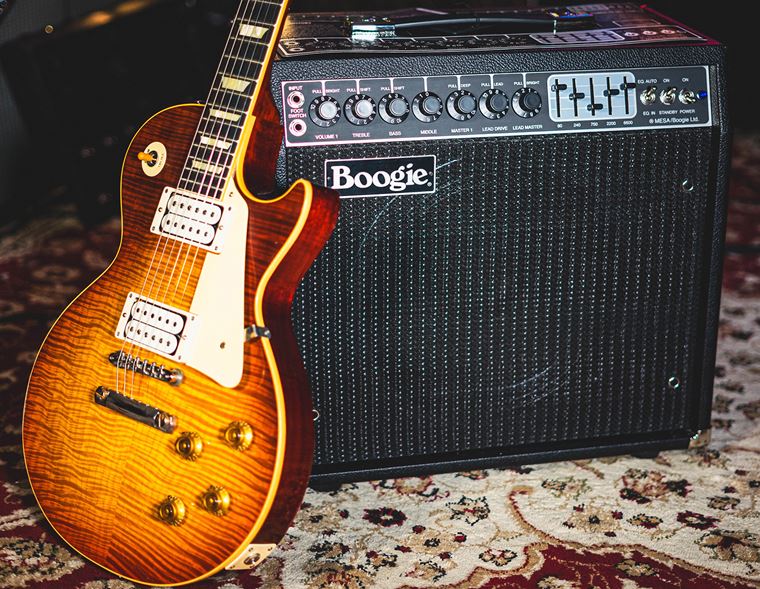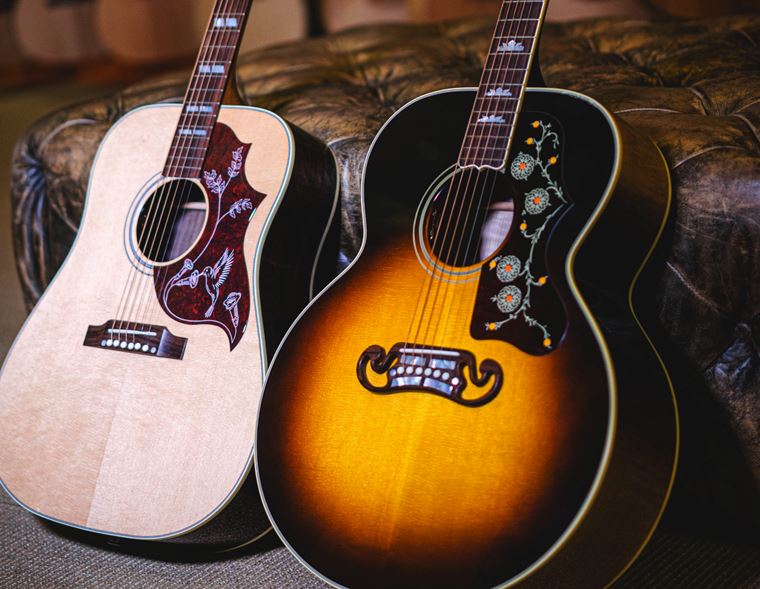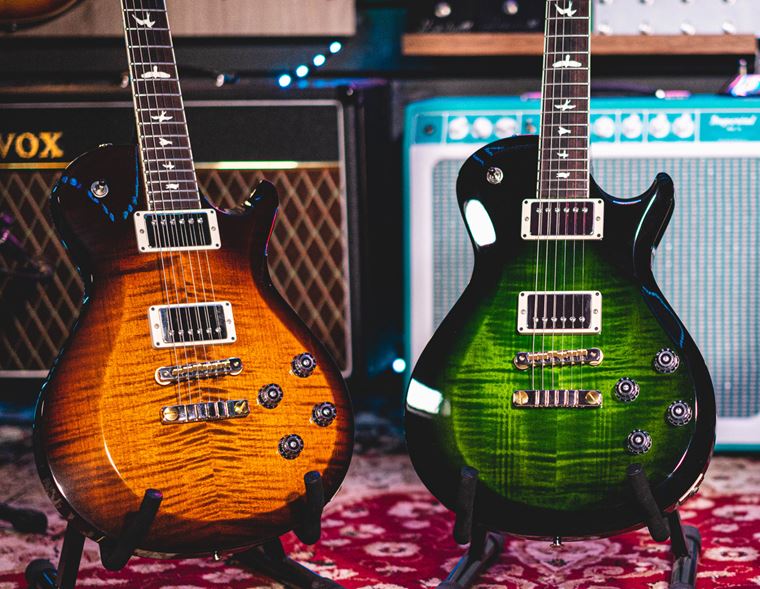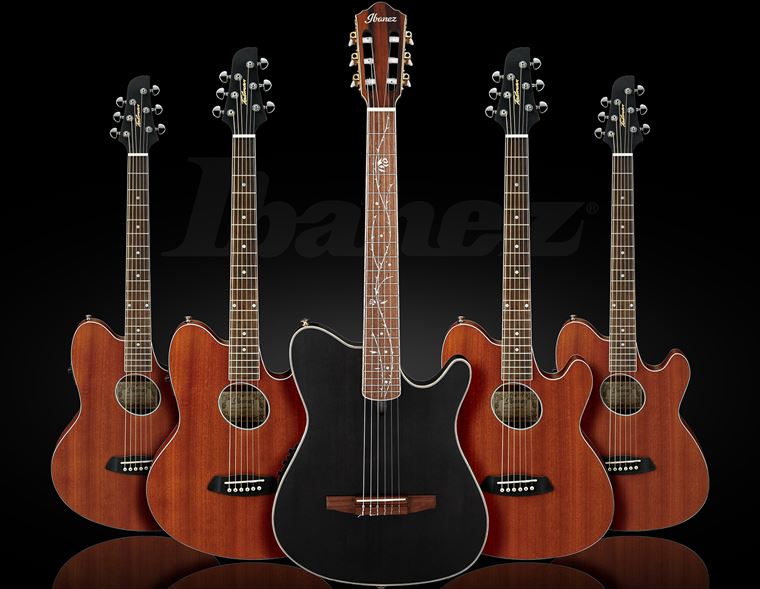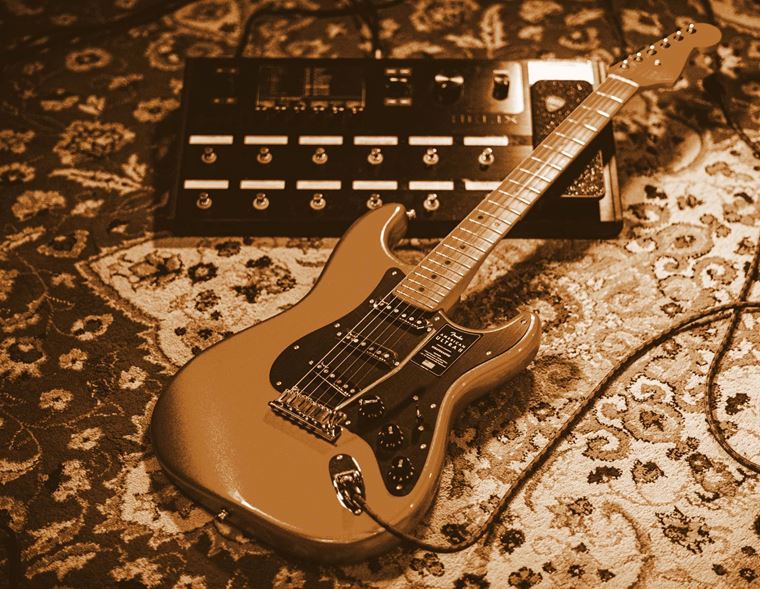The 11 Greatest Supergroups EVER!
Published on 13 February 2025
What is a Supergroup?
Typically, it’s a band put together by individuals who are already well-known entities in their own right. A band full of stars from different backgrounds, if you like. The idea of the Supergroup was to combine the talents of these gifted musos into some deliriously epic whole that exceeded the sum of its considerable parts.
Was this the case? I’ll let you decide for yourself, as you read about the 10 Top Supergroups Ever, starting with the first ever supergroup…
The Supergroups at a Glance
Cream
Were Cream a Supergroup? According to Rolling Stone magazine they were, because it was that magazine’s editor, Jann Wenner, who coined the term in 1966 especially for Cream.
Eric Clapton had obviously already made a dent in the world with the Yardbirds and John Mayall’s Bluesbreakers, and so his emerging superstar status was clear.
Peter ‘Ginger’ Baker was already a famously inventive drummer and notoriously abrasive man on the London scene, having made his name in the bands Blues Incorporated and the Graham Bond Organisation. Both of these bands also featured vocalist/bassist Jack Bruce, and apparently the two men had problems even back then!
Nevertheless, they joined up with Clapton to make history as Cream, who lasted a tiny two-and-a-bit years as a band before imploding. Their legacy was pretty huge though, and their name says it all: they obviously considered themselves the cream of the London crop!
Blind Faith
After establishing the concept of the supergroup with Cream, Clapton and Baker decided to try it again, this time without Jack Bruce. Clapton, presumably sick of playing diplomat to Baker and Bruce’s frequent spats, took the drummer and started again with vocalist Steve Winwood and bassist Ric Grech, who had previously been in the bands Family and Traffic.
This band, christened Blind Faith, lasted even less time than Cream, with inconsistent live performances leaving the band unimpressed with themselves. They managed one record - which contained an entirely dodgy front cover, even by the standards of the mid-60s (what were they thinking?) - and called it a day after a year.
Led Zeppelin
Do you consider Led Zeppelin to be a supergroup? I personally wasn’t sure about this, but the internet seems to say otherwise. Certainly, Jimmy Page was a well-known artist through his innings’ with the Yardbirds and the Bluesbreakers (exactly as Clapton did) and in fact, when he was putting together the Zep, they were originally going to be called ‘The New Yardbirds’! Whomever decided to change the name deserves a special medal.
Anyway, John Paul Jones was another session legend, Robert Plant had a reputation for his Northern Soul singing and John Bonham couldn’t get a paying gig because he played too loud for most bands. He’s now considered one of the world’s all-time greatest drummers.
Les Zeppelin are obviously one of the hugest bands ever, so if you consider them to be a Supergroup by this blog’s criteria, then they are obviously one of the very best.
Emerson Lake and Palmer
Prog rock is an area of the rock landscape that contains more than its fair share of supergroups, though they are mostly iterations of Yes (loads of bands with names made up of people’s surnames), so the ‘supergroup’ tag maybe doesn’t hang as well on those acts. Similarly, early Genesis contained Peter Gabriel & Phil Collins, as well as Steve Hackett and Mike from Mike & the Mechanics, but they weren’t household names when they formed, so they don’t count either!
There are two that do, however: Emerson, Lake & Palmer and Asia. ELP were a titanic prog rock supergroup with one specific difference: they focussed on keyboards rather than guitars, relying on the superlative skills of The Nice’s Keith Emerson to out-shred rival guitarists.
This is something he absolutely achieved, alongside King Crimson’s Greg Lake (vocals & bass) and Carl Palmer (drums) from Atomic Rooster.
It was a bold move to go out there sans guitars, but they delivered a sound that sold 48 million records, so I think it was a decent idea!
Asia
So, Asia are the other big prog supergroup who deserve to have their own mention here. Made up of Yes’ Steve Howe (guitar), King Crimson’s John Wetton (vox and bass), Carl Palmer from ELP (drums) and Yes’ Geoff Downes on keys. In fact, they also had Roger Dean around for the iconic cover art!
With a pedigree like that, you’d imagine all kinds of self-indulgent odysseys but in fact Asia’s debut was a tight, relatively hard rocking yet super melodic and accessible collection of songs. Indeed, Heat of the Moment could have been on every 80s film and TV show, such was its blatant appeal. Surprisingly agile sounding and easy to listen to, the self-titled Asia debut record may actually serve as a good gateway to the musics of the members’ former bands.
Asia have since welcomed a vast array of gobsmacking musicians into their camp over the decades, but the initial lineup is the classic one.
Travelling Willburys
Here’s a strange concept for you. Some of rock’s most well-known names from the 50s through to the 70s, banding together because they were feeling like time had moved on and rendered them somewhat out of date. They created a fictional band with phoney names for each member, and then recorded and toured as this band, even though the band members were mostly stupendously famous.
There was a Beatle in this band, for goodness sake!
So, the Travelling Wilburys were made up of (get ready for this): George Harrison, Bob Dylan, Roy Orbison, Tom Petty and Jeff Lynne. Talk about a pedigree? There was one member I didn’t recognise as a kid when I first heard about them, and he turned out to be the guy from ELO, so he was still from a ginormous band.
So, did the Travelling Wilburys write songs as good as the Beatles, Bob Dylan and Roy Orbison combined?
Don’t be silly.
Mad Season
Grunge - or early 90s US alternative rock, if you don’t like the ‘G’ word - had a whole roster of incredible talent to pull from. You could even say that the mighty Pearl Jam were something of a local Supergroup, given that their members were made up from pioneering Seattle bands Green River and Mother Love Bone.
But for a true grunge supergroup, look no further than Mad Season. Formed by Pearl Jam guitarist Mike McCready as a way of keeping solidarity with fellow addicts in recovery, Mad Season boasted an incredible wealth of star power: they had no less than Alice in Chains’ Layne Staley on vocals, McCready on guitars, Barrett Martin of Screaming Trees on the drums and John Baker Saunders on the bass.
Like a few of the supergroups we’ve seen today, Mad Season didn’t last too long - one album - but it was conflicting schedules and ultimately substance abuse problems that spelled doom for this band. Still, one record is better than no records, and their music stands as a testament to troubled musicians working together to escape their problems. The fact that two of them succumbed to their addictions is proof enough that the project was much needed.
Velvet Revolver
After years and years of increasingly diva-like behaviour, the members of Guns N Roses finally had all they could take and called it a day. Axel went one way (Chinese Democracy) and some of the others regrouped a few years later to become Velvet Revolver.
Slash was on lead guitar, Duff McKagan was back on bass, and Matt Sorum took up his drumsticks again. So far, so GnR, really, as was the idea, I suppose. Dave Kuchner from Suicidal Tendancies signed up for rhythm guitar duties, and for the frontman role - after arduous auditions - Slash and company chose Scott Weiland, the ex- Stone Temple Pilot who’d been in trouble with the law for his drug use but had undoubted star power and a killer voice.
Like many supergroups, it was a case of ‘Here for a good time, not a long time’, with VR managing two records and a few world tours before the inevitable occurred.
Chickenfoot
Take one half of ‘Van Hagar’, add a dollop of Red Hot Chili Pepper and season with Satriani. What do you get? Chickenfoot, the Hard-rockin’ supergroup who, as far as I know, are currently on an amicable hiatus.
Yes, Van Halen bassist Michael Anthony and vocalist Sammy Hagar joined forces with guitar supremo Joe Satch and Chilis tub-thumper extraordinaire Chad Smith to play some straight forward hard rock. It was a hit, and they’ve enjoyed a large amount of success in mainstream rock circles. Of course they would! Look at that lineup! Who is dropping the baton there? Nobody!
Winery Dogs
Possibly taking inspiration from Chickenfoot, Winery Dogs is another ‘back to basic hard rock, but with famous folk’ type of band that came around a few years ago. Dream Theater drummer Mike Portnoy (a spectacular technical player) teamed up with ex-David Lee Roth/Steve Vai/Mr Big bassist Billy Sheehan (equally spectacular) to form a power trio.
Initially, the pair wanted the late John Sykes to finish the trinity, who in the end wasn’t available. Instead, they opted for the also quite spectacular Ritchie Kotzen (Mr Big, Poison, solo) on guitar and vocals, and set about getting new music together to tour with.
The Winery Dogs seems to be an open, on-and-off affair, with three self-titled records to their name, the latest being in 2023.
BEAT
Supergroups tend to exist in order to write new material, but this one is a bit different. King Crimson, the dark emperors of prog, had a particularly purple patch in the early 80s with a sound that was drastically different from what came before. Owing as much to Balinese Gamelan music as to Talking Heads, it was a sure-footed amalgamation of art and accessibility, and earned the band an entirely new audience.
It has since become an influential era, with the three records that make up the ‘Discipline trilogy’ becoming a reference point on their own terms.
Last year, Crimson vocalist and guitarist Adrian Belew decided to revisit the music from this period. Head Crim Robert Fripp gave the idea his blessing (and the band name) but decided to otherwise sit out. Who could replace such a significant member?
Steve Vai, of course. He was the first name on both Belew and Fripp’s lips, and was happy to step into a pair of Crimson shoes for what became over 60 shoes in the end. Tony Levin, the original bassist, returned to the fold for the tour. To cap it off in style, Tool’s Danny Carey - easily one of the world’s most incredible drummers - occupied the drum throne.
Do You Like Supergroups?
As you can see from today’s list, not all Supergroups are born equal. I suppose it depends on the intention of those bands, and whether they successfully achieve those intentions. What seems clear is that there’s a combustibility involved when noted talents all get together and throw their collective talents (and egos, and everything else) into the pot. Sometimes we get a rich and tasty gumbo, and other times a bland and stale stew.
Perhaps it’s even the dream possibilities of such partnerships, and the potential that inevitably doesn’t get realised that’s the issue with the less successful ones? Maybe when inspiration and joy are kept font and centre - whether that’s ELP, BEAT or whomever else - that's when the expected magic actually happens?


